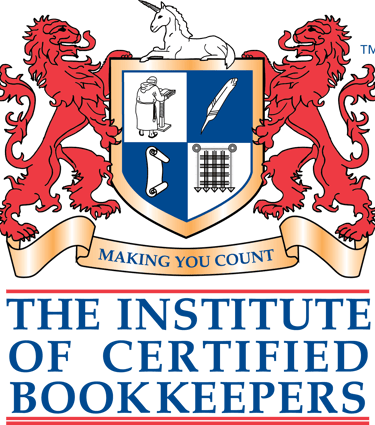Why You Shouldn’t Blindly Trust Accounting Software
Accounting software is helpful, but it’s not foolproof. Learn why human support still matters and how to avoid costly bookkeeping mistakes.
BUSINESS


As technology continues to evolve, many business owners find accounting software to be a helpful ally, simplifying bookkeeping and automating various financial tasks. While these tools undeniably offer convenience, it’s essential to be aware of the potential pitfalls of relying solely on them. Without professional oversight, you could inadvertently face challenges that might affect your business’s financial well-being. Let's take a friendly stroll through some reasons why it’s smart to be cautious about putting all your trust in accounting software and what you can do to keep your finances on firm ground.
Lack of Human Judgement
One of the biggest challenges with accounting software is that it simply can’t replace human judgment. While these tools are great at recording transactions, they follow the instructions you give them. If you’re not familiar with bookkeeping or accounting principles, you may accidentally miscategorise expenses. The software won’t catch that slip-up! This could lead to seemingly accurate financial statements hiding errors that might cause problems down the road, such as misguided tax filings or faulty financial decisions. Having an accountant or bookkeeper in your corner can be a game-changer, ensuring everything is correctly classified.
Impact on Compliance
Accounting software often aims to be comprehensive, which means it may not always align with specific tax laws or local regulations immediately. While many platforms provide options for localisation, updates may not always reflect the latest tax changes. For instance, if your business needs to comply with Making Tax Digital (MTD) regulations in the UK, not all software will meet these requirements. This can unintentionally put you at risk for compliance issues, which might lead to audits or penalties. Additionally, if you operate internationally, you may find that your software performs well in some jurisdictions but not others—a potential headache.
Too Many Features
One of the attractive things about accounting software is its extensive range of features. You can manage everything from invoicing and payroll to inventory and tax calculations. However, for smaller businesses, this plethora of options can feel overwhelming! The sheer complexity of having too many features can lead to confusion and missteps. For example, a small business owner might accidentally activate a feature meant for larger companies, which could skew financial data and create unnecessary stress. Instead of making things easier, too many features can complicate matters, leading to confusion and inefficiency—especially for smaller businesses that need a simple, straightforward solution.
Human Error in Software Development
We often hear that “computers are great when they work,” and while accounting software aims to reduce human error, remember that people build it—and we’re all prone to mistakes. Bugs, coding errors, and software hiccups can happen. If you lean solely on accounting software without the guidance of a professional, you might trust the data without realising it could be flawed. For instance, glitches in transaction processing could result in incorrect information, which can be particularly challenging if you don’t have the training to identify these issues.
How to Keep Your Finances Healthy
Given these considerations, it’s wise to implement safeguards to ensure your business stays financially healthy. Here are a couple of friendly suggestions:
1. Outsource Your Bookkeeping and Reporting
One of the best ways to sidestep the risks of relying solely on accounting software is to consider outsourcing your bookkeeping and reporting tasks. A qualified accountant can provide the expertise you need, so you can focus on what you do best—growing your business!
2. Get Professional Accounting Software Training
If you like to handle your financial tasks in-house, investing in proper accounting software training can make a world of difference! While free resources like YouTube are a good starting point, these tutorials are often generic and may not address your specific business needs. This can leave you feeling overwhelmed by features that might not even apply to your situation, which can lead to confusion and mistakes.
That’s why I recommend seeking out customised training from an accounting expert who understands your industry and business structure. Tailored training ensures you get the most out of your software, using it correctly and efficiently, without getting lost in unnecessary features. This way, your financial records will be accurate and compliant, and you'll feel much more confident in your financial management!
It's important to remember that while accounting software can be super helpful, it shouldn't replace the need for a professional accountant's oversight. Human error and compliance issues can still arise, so having an experienced accountant ensures your finances are always in good hands. By outsourcing some of your bookkeeping or seeking professional training, you can mitigate those risks and keep your business’s finances healthy.
Embracing technology is great, but safeguarding your business’s financial health is key! A little professional insight goes a long way!
At Balanced Books by Bernie, I’m here to help you navigate your financial challenges with tailored support and friendly advice. Let’s chat about how I can help your business grow!






